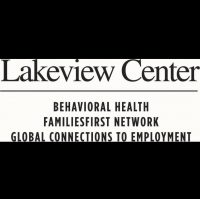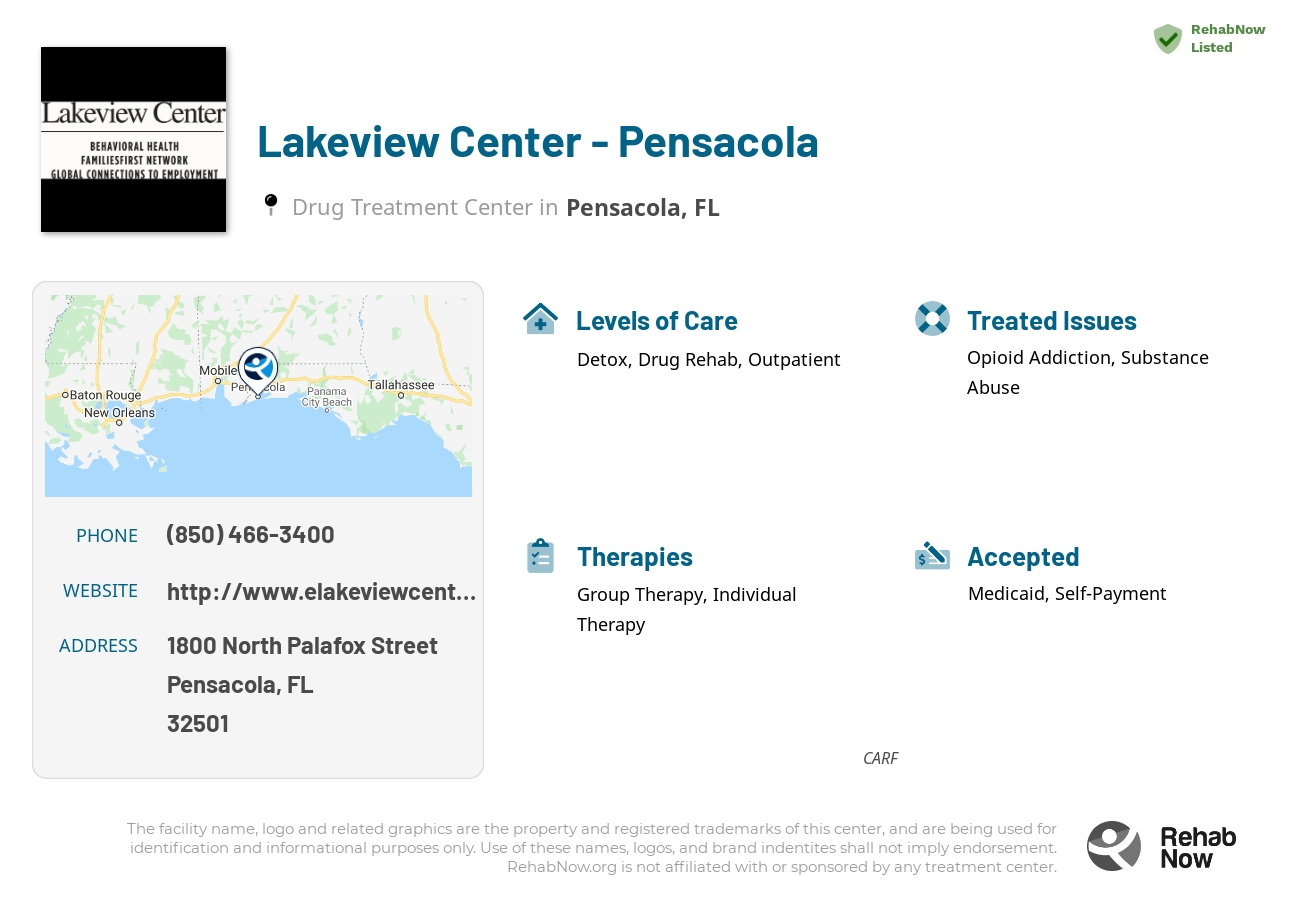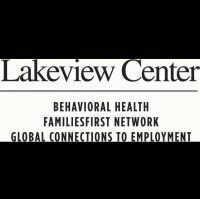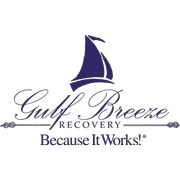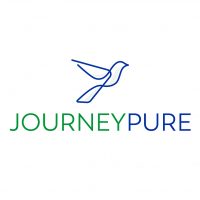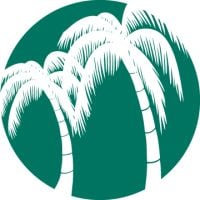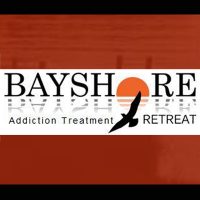Lakeview Center - Pensacola
Drug Rehab Center in Pensacola, Florida
Lakeview Center - Pensacola is a CARF-accredited addiction treatment center that provides detox, drug rehab and outpatient services for those suffering from substance abuse in Florida, with staff dedicated to helping patients on their journey to sobriety and the ability to accept private health insurance for financial feasibility.
About Lakeview Center - Pensacola in Florida
Lakeview Center - Pensacola in Pensacola, Florida is a top-rated addiction treatment facility offering a wide range of services for individuals suffering from substance abuse and addiction. The facility provides comprehensive treatment for opioid addiction, dual diagnosis, and other drug and alcohol addictions. Lakeview Center – Pensacola offers detox, residential, outpatient, and inpatient levels of care designed to meet the individual needs of each client. The facility is accredited by CARF and accepts private health insurance, making it a great option for anyone seeking addiction treatment.
Lakeview Center - Pensacola's comprehensive treatment plans are tailored to meet the needs of each client. Patients receive addiction counseling, relapse prevention education, drug and alcohol education, and individual and group therapy. The facility also provides 12-step support, yoga and meditation, life skills training, and mental health assessments. In addition, the center provides academic and vocational training to promote independent life skills and help patients establish a stable recovery. With its comprehensive services, qualified staff, and various levels of care, Lakeview Center – Pensacola is an excellent choice for those seeking addiction treatment.
Genders
Ages
Modality
Additional
Accreditations

CARF
The Commission on Accreditation of Rehabilitation Facilities (CARF) is a non-profit organization that specifically accredits rehab organizations. Founded in 1966, CARF's, mission is to help service providers like rehab facilities maintain high standards of care.
Conditions and Issues Treated
It’s not easy getting sober on one’s own, or even going to rehab and escaping the grasp of addiction by oneself. Substance abuse treatment gives addicts a place to stay sober while learning what it takes to quit for good. They will learn from others about what works and what doesn’t work with remaining drug-free.
Treatment centers such as Lakeview Center - Pensacola focus on the needs of individual addicts to heal them. There is a combination of physical and mental therapies that treat the root cause of the addiction, whether it be family problems, stress, or past traumatic events.
The final benefit of substance abuse treatment is introducing new people who can help in your recovery after you leave Lakeview Center - Pensacola. Through group therapy sessions with other addicts and attending support meetings once a day, a person will learn how to interact with others and cope with cravings. This is a chance for you to rebuild your social circle healthily after you leave treatment.
Opioid addiction starts when a person becomes addicted to legal or illegal opioids. The addiction can happen quickly, in just a matter of days. Opioid withdrawal can be extremely uncomfortable and lead the user to continue to use even if they want to quit. Stopping using an opioid requires medical observation. Sometimes inpatient treatment with a medically supervised detox is necessary for managing the withdrawal process while learning lasting tools for maintaining recovery. Medications may be used in some cases of opioid addiction.
Opioid addiction is one of Florida‘s most prominent forms of addiction. It’s treated by detoxifying the body so that the chemicals from the medications no longer impact them and by therapies to correct behavior and target the root of the problem.
Levels of Care Offered
This center offers a variety of custom treatment tailored to individual recovery. Currently available are Detox, Drug Rehab, Inpatient, Outpatient, Residential, with additional therapies available as listed below.
Detox is the first step of rehab. It involves giving a person time to get the toxins out of their body. During detox, the patient gets ill and they will often start using again to get rid of these unpleasant feelings. That’s why it’s so important to have a Pensacola medical professional at Lakeview Center - Pensacola present. A Florida medical professional will make sure patients don’t start using during detox. They will also provide medication to ease their symptoms and coach them through on a mental level.
Individuals who are suffering from severe addiction or have a high risk for dangerous health concerns are often recommended to receive inpatient treatment.
Choosing to enter an inpatient treatment program is beneficial for people who are suffering from severe addiction, or who have a high risk for dangerous health concerns.
Inpatient treatment is beneficial for:
- People who have a history of severe withdrawal.
- People who have attempted to overcome addiction on their own without success.
- People who have a history of relapse, or have recently relapsed.
- People at risk for drug overdose or withdrawal-related complications.
- People with medical conditions that are worsened by drug or alcohol use.
Outpatient treatment is considered the lower intensity level of addiction treatment. It’s ideal for early phase addiction or lower intensity addictions. It may include weekly sessions instead of daily. It may include weekly sessions instead of daily. Peer group support, 12-step programs, and individual counseling may still be involved but at a lesser frequency than an intensive outpatient program. It is a good choice for someone who doesn’t need to go through a medically supervised detox and who has a supportive home environment. It requires motivation and dedication to commit to the program without constant monitoring.
Residential treatment programs are those that offer housing and meals in addition to substance abuse treatment. Rehab facilities that offer residential treatment allow patients to focus solely on recovery, in an environment totally separate from their lives. Some rehab centers specialize in short-term residential treatment (a few days to a week or two), while others solely provide treatment on a long-term basis (several weeks to months). Some offer both, and tailor treatment to the patient’s individual requirements.
Therapies & Programs
Individual therapy involves one-on-one sessions between the patient and therapist. It provides patients with a safe environment to openly discuss personal and sensitive issues with the therapist. They find the therapist as someone they can trust. Individual therapy aims to identify the core issues that would have led the patient to substance abuse and address them effectively. The therapist can develop patient-specific customized solutions through individual therapy, which aids speedier recovery.
Couples therapy works with clients and significant others in a professional capacity to improve relationship dynamics. This can be helpful for addicts who are trying to marry the idea of recovery into their work, family, social lives – any aspect that has to do with relationships.
Through counseling sessions, addicts will have an opportunity to talk about their addiction with professional partners. These partners can offer feedback and advice on how to get sober while keeping healthy relationships intact. A good couples therapist will help addicts understand their part in an unhealthy relationship dynamic or find ways to deal with anger or resentment from significant others outside of the home.
Family therapy is a group problem-solving that aims to improve communication and relationships between the addict, their family, and sometimes friends. The main goal of family therapy for drug addiction is to create an environment where communication can occur without judgment, hostility, or blame. The therapist is with the family as they learn to communicate differently, especially with the addict when s/he is using. The family can learn to reduce their enabling behavior or rally together and support each other during tough times.
An addict’s family can play a vital part in helping them to avoid relapse because they can spot the warning signs and help them get back on track before it becomes too much of a problem. Family therapy is one of the most effective ways to help addicts stay on the path to long-term sobriety. When a drug addict decides that they want to try and get sober, it takes the support of every person they love to succeed. It can be incredibly difficult for loved ones to watch an addict go through the pain and suffering of withdrawal, but by being there with them and supporting them, they can help to make sure that the addiction never returns.
Groups typically involve meetings with other recovering addicts who can relate to one another’s experiences. They might meet in person or online and typically focus on the process of staying sober rather than overcoming a specific addiction.
In these groups managed by Lakeview Center - Pensacola, addicts can build a sense of community and develop strong emotional connections with others who understand what they are going through. These beneficial relationships can help addicts overcome their cravings and prevent relapse at any point during the recovery process.
In general, trauma therapy is a clinical process that helps individuals deal with mental stress often caused by traumatic events. The therapist helps the person identify, understand, and work through the problem. This is done with the help of talking about it in group or one-on-one counseling sessions. Therapists use relaxation, role-playing, art, and music to help the person open up about what is bothering them.
There are many different types of trauma therapists, such as psychiatric nurses and counselors. Not everyone is a good candidate for this type of therapy; it is generally reserved for people who have recently experienced a traumatic event and struggle to get over it. It is often done for children, teenage victims of sexual assault, and war veterans.
Payment Options Accepted
For specific insurance or payment methods please contact us.
Is your insurance accepted?
Ask an expert, call (888) 674-0062
Lakeview Center Associated Centers
Discover treatment facilities under the same provider.
- Lakeview Center - Road to Recovery in Pensacola, FL
- Lakeview Health - Corporate Square Blvd in Jacksonville, FL
- Lakeview - Avalon Center in Milton, FL
- Lakeview Center - Adult Outpatient Counseling in Pensacola, FL
- Lakeview Center - Shalimar in Shalimar, FL
Learn More About Lakeview Center Centers
Additional Details
Specifics, location, and helpful extra information.
Pensacola, Florida 32501 Phone Number(850) 466-3400 Meta DetailsUpdated November 25, 2023
Staff Verified
Lakeview Center - Pensacola Patient Reviews
There are no reviews yet. Be the first one to write one.
Pensacola, Florida Addiction Information
Florida is one of the nation's epicenters for substance abuse and drug-related overdoses. In 2014, around 410,000 Florida residents were addicted to drugs and alcohol. Over the last 10 years, 12% of all deaths in the state were attributed to substance abuse. Treatment admissions for alcohol reached 24,329 patients in 2016, and 2.5% of Florida high school students admitted to using crack cocaine.
In Pensacola, FL, marijuana is the most commonly abused drug, followed by illicit prescription drugs. There were 967 overdose deaths with cocaine as the primary substance involved in Pensacola, Florida in 2014. 7.8% of Pensacola, FL residents met the criteria for illicit drug dependence or abuse in 2014. Treatment options are available in Pensacola including inpatient rehab centers or outpatient rehab centers, 12 step programs, and other treatment modalities.
Treatment in Nearby Cities
- Longwood, FL (373.4 mi.)
- Cape Coral, FL (417.3 mi.)
- Belle Glade, FL (474.8 mi.)
- Palmetto Bay, FL (536.3 mi.)
- Middleburg, FL (321.1 mi.)
Centers near Lakeview Center - Pensacola
The facility name, logo and brand are the property and registered trademarks of Lakeview Center - Pensacola, and are being used for identification and informational purposes only. Use of these names, logos and brands shall not imply endorsement. RehabNow.org is not affiliated with or sponsored by Lakeview Center - Pensacola.
